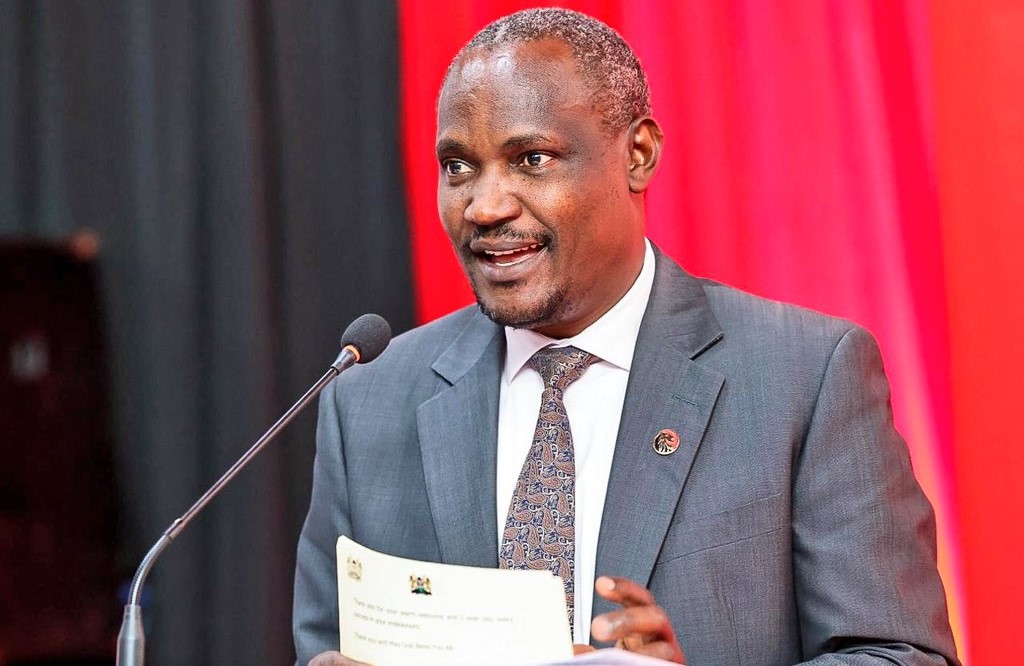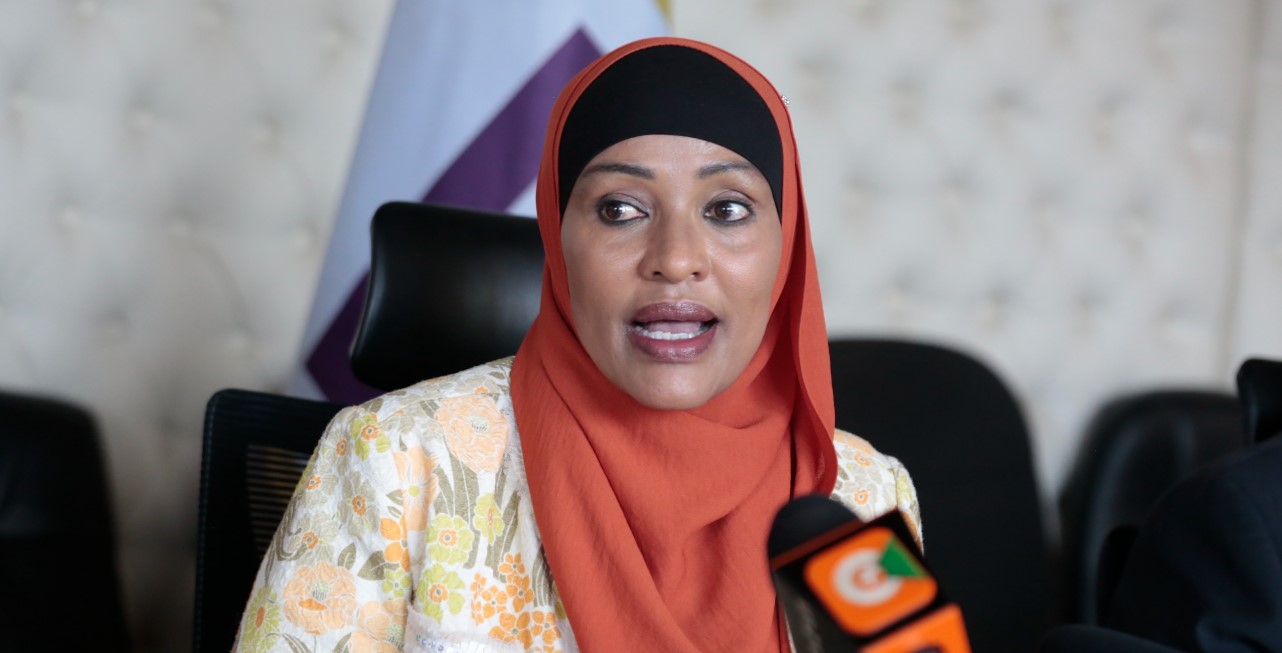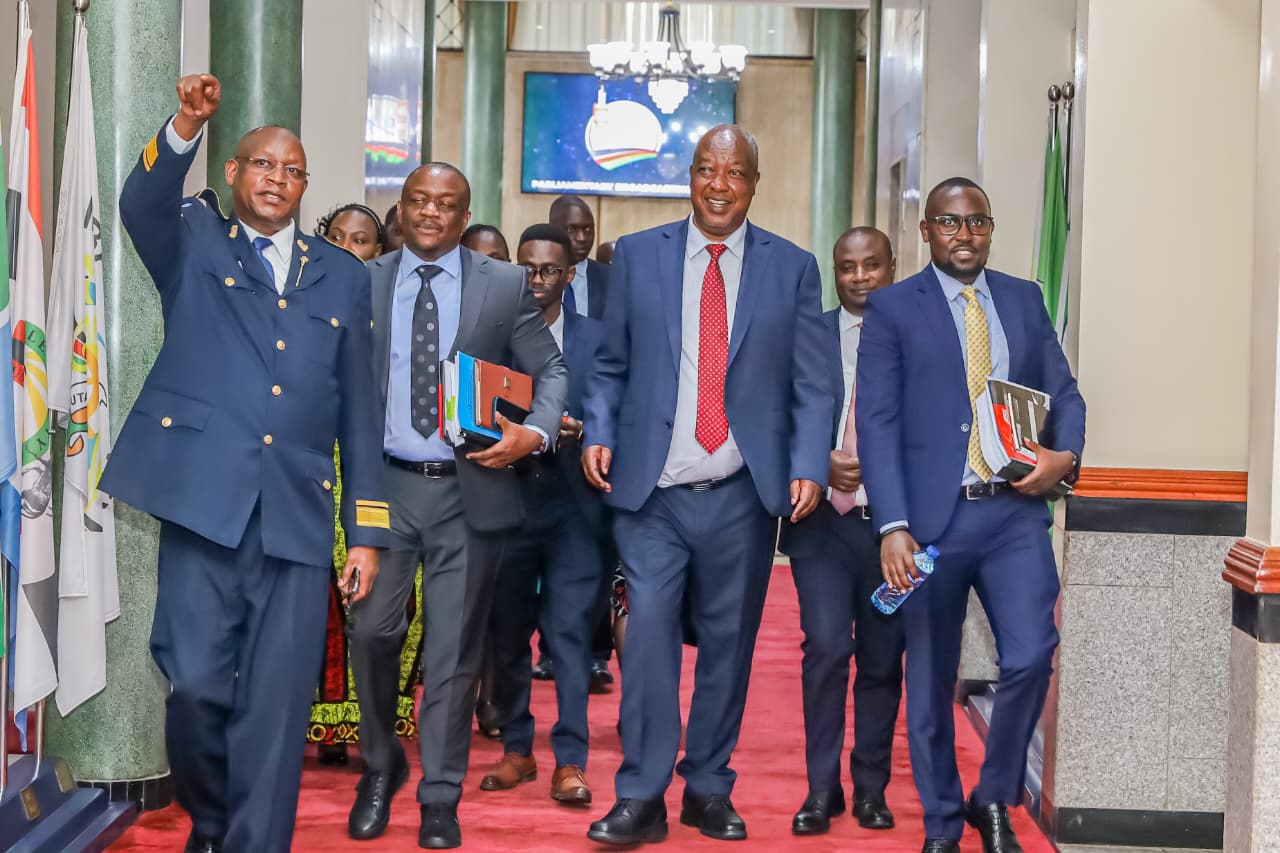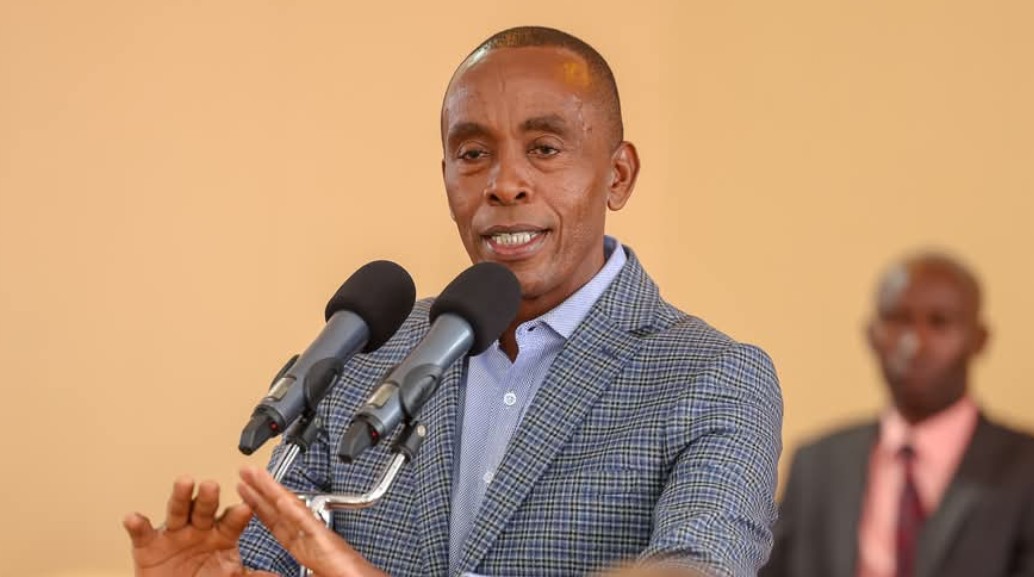State to slash VAT, corporate taxes in bid to ease economic strain

National Treasury Cabinet Secretary John Mbadi said he will reduce VAT from the current 16 per cent to 14 per cent and corporate taxes from 30 per cent to 25 per cent, as part of the medium-term budget strategy.
In a bid to ease the economic burden on Kenyans, the government has announced plans to reduce key taxes, including Value Added Tax (VAT) and corporate taxes.
Speaking during the launch of the FY 2025/26 Budget Preparation Process on Monday, National Treasury Cabinet Secretary John Mbadi said he will reduce VAT from the current 16 per cent to 14 per cent and corporate taxes from 30 per cent to 25 per cent, as part of the medium-term budget strategy.
More To Read
- Mbadi confirms Treasury deliberately influencing shilling’s value against dollar
- Finance Committee slams CS Mbadi for dodging key oversight sessions
- Publishers plead with State to remove 16 per cent VAT on books
- Mbadi urges State agencies to prioritise PPPs in project planning
- Kenya eyes TDB loan to clear Sh51.6 billion debt due September
- Mbadi gives counties 30 days to integrate payrolls with IPPD
He noted that the government is not looking to increase its spending but instead will focus on boosting efficiency, accountability, and the responsible use of resources.
“The government will not support any additional expenditures. We aim to prioritise efficiency and ensure the prudent use of our resources,” Mbadi said.
He also announced plans to introduce a new financial management system, with an emphasis on improving transparency, especially in public procurement processes.
In line with the fourth medium-term plan, Mbadi said the government’s focus will be on transforming key sectors, including agriculture, the Micro, Small, and Medium Enterprise (MSME) economy, housing and settlement, healthcare, and the digital infrastructure.
“Agriculture will be a key area of focus, as it supports manufacturing and economic growth. We will also prioritise small and medium enterprises (SMEs) and housing projects. Despite the fiscal challenges we face, we remain committed to driving growth and expanding opportunities for all,” he said.
Mbadi further revealed that the government has already begun implementing the Financial Year 2024/25 Budget, despite the withdrawal of the 2024 Finance Bill, which had forced the government to adjust its revenue projections.
“We have had to realign our priorities with the resources we have after dropping the Finance Bill. This means we've had to let go of potential revenue sources,” Mbadi said.
Treasury Principal Secretary Chris Kiptoo also stressed the importance of adhering to the Budget Review and Outlook Paper (BROP) and reviewing sector budgets and county allocations.
Kiptoo called for the adoption of a zero-based budgeting approach to ensure the proper allocation of resources, with upcoming budget review meetings planned to ensure all sectors remain on track.
Top Stories Today












































